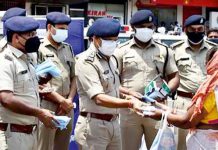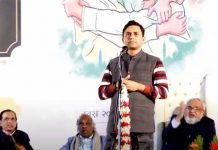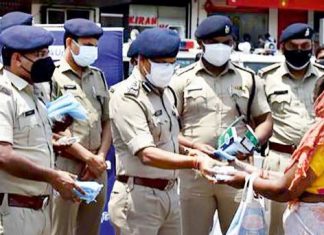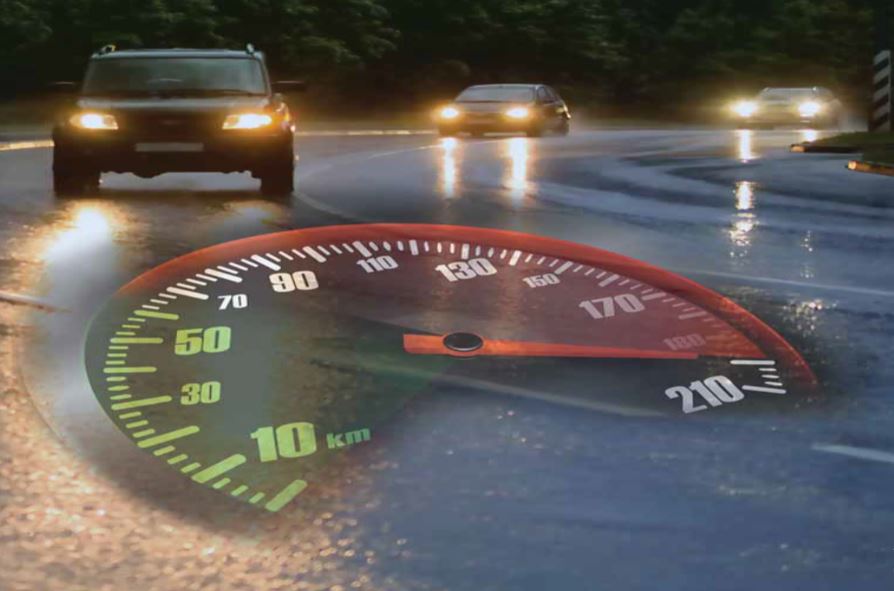
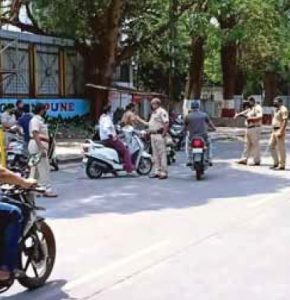 Managing traffic in highly-dense populated cities is as difficult as driving a vehicle at peak hours where one has to be alert 24×7. While the person driving has to only navigate the vehicle, traffic police have to ensure the smooth flow of over 2.7 million vehicles throughout Mumbai daily. Lack of parking space due to Mumbai’s unique topography, growth of vehicles, and finally, motorists who do not follow traffic rules and discipline makes traffic control a daunting task.
Managing traffic in highly-dense populated cities is as difficult as driving a vehicle at peak hours where one has to be alert 24×7. While the person driving has to only navigate the vehicle, traffic police have to ensure the smooth flow of over 2.7 million vehicles throughout Mumbai daily. Lack of parking space due to Mumbai’s unique topography, growth of vehicles, and finally, motorists who do not follow traffic rules and discipline makes traffic control a daunting task.
Despite the challenges, Mumbai Traffic Police, under the guidance of the Mumbai Police Commissioner, Joint Commissioner of Police (Traffic) and 3500+ officers and personnel, assisted by the latest technology, will always try to ensure driving in Mumbai to be a smooth affair; giving equal importance to pedestrians.
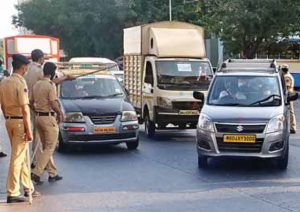 Road crashes result from human errors and road design. These human errors are preventable and yet continue to be the eighth leading cause of deaths and injuries globally. About 1.35 million people die of road traffic crashes every year across the globe. India accounts for 11% of world deaths by road crashes. Maharashtra witnessed 13,000 deaths in 2018. Mumbai has achieved a 27% reduction in road traffic deaths over the past five years. The annual number of road crash deaths decreased from 611 in 2015 to 475 in 2019. This results in a rate of 3.5 deaths per 100,000 people in 2019. Pedestrians (47%), motorcyclists (41%) and cyclists (2%) are the vulnerable road users accounting 90% of all road traffic deaths in Mumbai. Men accounted for 80% of total deaths, with men aged 20 to 29 years at the highest risk. The Western and Eastern Express Highways were the highest-risk corridors over the past three years, whereas Amar Mahal Junction on the Eastern Express Highway was found to be the most dangerous junction in Mumbai. Along with road deaths, the number of injuries has also decreased over the same period. Injuries happened most frequently during evening hours.
Road crashes result from human errors and road design. These human errors are preventable and yet continue to be the eighth leading cause of deaths and injuries globally. About 1.35 million people die of road traffic crashes every year across the globe. India accounts for 11% of world deaths by road crashes. Maharashtra witnessed 13,000 deaths in 2018. Mumbai has achieved a 27% reduction in road traffic deaths over the past five years. The annual number of road crash deaths decreased from 611 in 2015 to 475 in 2019. This results in a rate of 3.5 deaths per 100,000 people in 2019. Pedestrians (47%), motorcyclists (41%) and cyclists (2%) are the vulnerable road users accounting 90% of all road traffic deaths in Mumbai. Men accounted for 80% of total deaths, with men aged 20 to 29 years at the highest risk. The Western and Eastern Express Highways were the highest-risk corridors over the past three years, whereas Amar Mahal Junction on the Eastern Express Highway was found to be the most dangerous junction in Mumbai. Along with road deaths, the number of injuries has also decreased over the same period. Injuries happened most frequently during evening hours.
World Road Statistic reports that India ranks first in the number of road crash deaths across 199 countries. It accounts for 11% of road crash deaths in the world. Maharashtra accounted for 13,000 road crash deaths and over 20,000 non-fatal injuries in 2018. On the other hand, Mumbai has experienced a declining trend in death over a period of five years and is progressing to achieve India’s commitment of reducing the number of road traffic deaths by half by 2020.
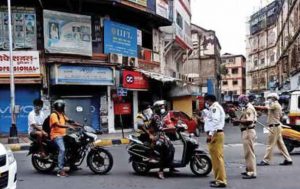 The Mumbai City Police has been trying its level best to minimize traffic in the city during peak hours. The City Police, under the guidance of the Joint Commissioner of Police Yashasavi Yadav (IPS), has been successful in decreasing the number of fatalities in the city. As per recent data provided by the Mumbai Police along with Bloomberg Philanthropies, there is a significant amount of reduction in the number of accidents taking place in Mumbai. 2020 was hit by the Novel Coronavirus (COVID-19), which impacted the world’s road traffic patterns, including road crash injuries and deaths. The Lockdown Phase showed a huge decline in deaths between March and June. Deaths started increasing gradually as restrictions eased.
The Mumbai City Police has been trying its level best to minimize traffic in the city during peak hours. The City Police, under the guidance of the Joint Commissioner of Police Yashasavi Yadav (IPS), has been successful in decreasing the number of fatalities in the city. As per recent data provided by the Mumbai Police along with Bloomberg Philanthropies, there is a significant amount of reduction in the number of accidents taking place in Mumbai. 2020 was hit by the Novel Coronavirus (COVID-19), which impacted the world’s road traffic patterns, including road crash injuries and deaths. The Lockdown Phase showed a huge decline in deaths between March and June. Deaths started increasing gradually as restrictions eased.
Mumbai witnessed 172 road traffic deaths from January to August 2020, representing a significant decrease compared to previous years. Between these months in 2019, 300 deaths were reported in 281 fatal crashes and there were 314 deaths reported in 300 fatal crashes in 2018.
Pedestrians and motorcyclists continue to be the most vulnerable group of road users. The decrease in road deaths during lockdown similarly affected all road users, except for a small increase in the proportion of motorcycle drivers compared to pillion riders in 2020.
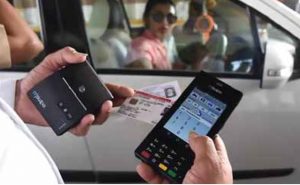 “The rising number trend was observed only after July when the Unlock procedure in Maharashtra had begun. As there were travel restrictions, and trains were operating at a bare minimum, many opted to travel by private vehicles to ensure safety,” said Dr BK Upadhyay, Nagpur Police Commissioner.
“The rising number trend was observed only after July when the Unlock procedure in Maharashtra had begun. As there were travel restrictions, and trains were operating at a bare minimum, many opted to travel by private vehicles to ensure safety,” said Dr BK Upadhyay, Nagpur Police Commissioner.
 “Traffic violation has been one of the important concerns as a majority of accidents are due to the breaking of rules and rash driving. We, at Mumbai Traffic Police, are trying our level best to educate the people about road rules and regulations. Signal jumping, speeding and drunken driving are the main causes of accidents in the city,” said a police officer attached to the Traffic Division of Mumbai Police.
“Traffic violation has been one of the important concerns as a majority of accidents are due to the breaking of rules and rash driving. We, at Mumbai Traffic Police, are trying our level best to educate the people about road rules and regulations. Signal jumping, speeding and drunken driving are the main causes of accidents in the city,” said a police officer attached to the Traffic Division of Mumbai Police.
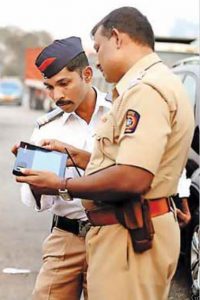 Earlier this year, we witnessed an awareness campaign carried out by the Mumbai Traffic Police at different areas of the city. TV Ads and radio jingles were created to spread the message of road safety more effectively among the different segments of the audience, for example, as the TV Ad portraying Bollywood actor, Akshay Kumar, as a traffic cop, promoting road safety.
Earlier this year, we witnessed an awareness campaign carried out by the Mumbai Traffic Police at different areas of the city. TV Ads and radio jingles were created to spread the message of road safety more effectively among the different segments of the audience, for example, as the TV Ad portraying Bollywood actor, Akshay Kumar, as a traffic cop, promoting road safety.
“Road traffic fatalities have indicated a consistent declining trend in Mumbai over the past five years. This improvement can be further continued through evidence-based traffic enforcement, road engineering and media campaigns,” an officer added.
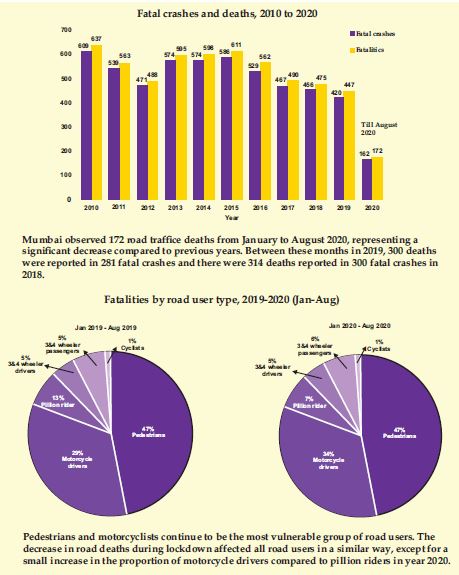
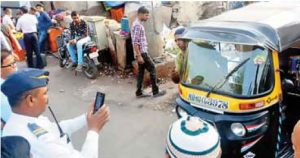 Mumbai Traffic Police had also issued e-Challans and initiated action against almost 5000 vehicles with fancy number plates. Police said that it was of utmost importance to stop such vehicles from plying on the road as it is very difficult for officers or CCTV cameras to read those numbers and note them for further action. Moreover, it was also noticed that several criminals use vehicles with fancy number plates for illegal activities.
Mumbai Traffic Police had also issued e-Challans and initiated action against almost 5000 vehicles with fancy number plates. Police said that it was of utmost importance to stop such vehicles from plying on the road as it is very difficult for officers or CCTV cameras to read those numbers and note them for further action. Moreover, it was also noticed that several criminals use vehicles with fancy number plates for illegal activities.
In a bid to instil road sense and ensure minimum road crashes, the Traffic Police have initiated preventive measures and have already identified the black spots. Subsequently, police officials have tied up with NGOs who will educate motorists and conduct drives to understand road safety issues at large.
Mumbai Traffic Police Vs Recovery of e-Challans
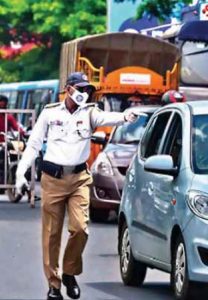 In an attempt to ramp up the recovery of pending traffic e-Challans, the Traffic Police has decided to now collect fines in cash. This decision was imposed in Mumbai from December 8, 2020, as the city has single-handedly contributed to about 40% of the Rs 602 crores of pending penalties across the State, cumulating to a total of over Rs 240 crores, with about 1.64 crore pending challans. Traffic officials have highlighted the fact that digital payments had brought down the rate of fine recovery and the soaring fine has borne the consequence of the same.
In an attempt to ramp up the recovery of pending traffic e-Challans, the Traffic Police has decided to now collect fines in cash. This decision was imposed in Mumbai from December 8, 2020, as the city has single-handedly contributed to about 40% of the Rs 602 crores of pending penalties across the State, cumulating to a total of over Rs 240 crores, with about 1.64 crore pending challans. Traffic officials have highlighted the fact that digital payments had brought down the rate of fine recovery and the soaring fine has borne the consequence of the same.
Over the last four years, Mumbai Traffic Police have adopted a completely cashless system of charging traffic offenders with e-Challans. Supported by a CCTV-approved infrastructure, the challan is directly sent to violators who failed to pay off their dues.
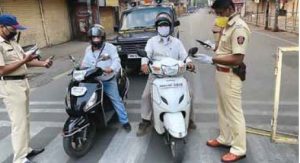 Following Mumbai’s footsteps, which was the first city in Maharashtra to employ this digitized method, the e-Challan system was introduced across the State in 2019 in a more refined manner to check rising corruption. There is a rise in recovery of e-Challans in the regions where this system has been implemented. Rural areas of Maharashtra still retain the traditional means of recovery as digital payments have still not caught up yet. Recovery of e-Challans has been faster in these regions.
Following Mumbai’s footsteps, which was the first city in Maharashtra to employ this digitized method, the e-Challan system was introduced across the State in 2019 in a more refined manner to check rising corruption. There is a rise in recovery of e-Challans in the regions where this system has been implemented. Rural areas of Maharashtra still retain the traditional means of recovery as digital payments have still not caught up yet. Recovery of e-Challans has been faster in these regions.
The City Traffic Police has pointed out that recovery of penalties will be followed with more effectiveness once Mumbai fully unlocks. The police will also use an App to scan vehicles at all tolls to alert officials of any pending ticket that needs to be recovered. The City Police will also set up a team to call violators whose fines are still pending. The Mumbai Traffic Police also needs to tackle the issue of wrong and/or incorrect issuance of e-Challans across the city to boost payment of traffic dues, with promptness.
Citizen Talk
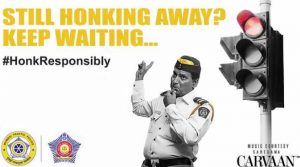 “Apart from being known as the city that never sleeps, Mumbai is also, unfortunately, famous for its traffic. Driving during peak hours is a headache, but I have witnessed the traffic police on their feet the whole day, in season and out of season, navigating and guiding citizens. Traffic management is a tough job in a city like Mumbai, but our cops are doing a great job. We salute them.”
“Apart from being known as the city that never sleeps, Mumbai is also, unfortunately, famous for its traffic. Driving during peak hours is a headache, but I have witnessed the traffic police on their feet the whole day, in season and out of season, navigating and guiding citizens. Traffic management is a tough job in a city like Mumbai, but our cops are doing a great job. We salute them.”
– Pratik Mishra,
MBA student
“Over-speeding and drunken driving cases were a bane for traffic police. These cases have drastically dropped after the Motor Vehicles (Amendment) Bill, 2019, was passed. Penalties for breaking traffic rules now comes at a much higher cost. Obeying traffic rules saves lives.”
– Nikhil Mahtre,
Mumbai resident

